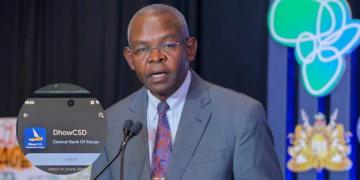Generation Z (Gen Z) have taken to the streets once again, but this time in commemoration of the historical Saba Saba Day as Kenyans mark its 34th anniversary.
Dubbed #SabaSabaMarchForOurLives, Gen Zs have organized a concert to remember Kenyans killed during the anti-Finance Bill 2024 protests.
July 7 holds historical significance for Kenya, as it brings back memories from July 7, 1990, when protests were held nationwide calling for multiparty democracy.
Mass protests in the country have been common since the 1990s but this Third Liberation movement could be different, as it follows the pressure exerted by the youth to have President William Ruto drop the contentious Finance Bill 2024.
Consequently, activists have drawn parallels between the 1990 events and recent anti-government demonstrations, which saw some of the youth killed and injured.

“What Gen Z is doing is the continuity of what we did during the Saba Saba revolution. They are trying to preserve the gains of the new constitution. They are my grandchildren therefore they are my fruits of Saba Saba,” Reverend Tomothy Njoya said.
With 41 deaths, 1,009 arrests and 32 abductions in 20 counties over the last three weeks, Kenya has found itself in another defining political moment.
Gen Z Commemorating Saba Saba Day
In the 1980s and 1990s, young people, particularly university students led by their leaders, played a pivotal role in advocating for change.
However, their efforts were often overshadowed by the participation of politicians.
Now, Gen Z have decided to take care of the future of the country by forming one party that is tribeless, and leaderless to protest without being tied down by politicians, political parties and other partisan considerations.
Furthermore, the 2024 Saba Saba Day has taken a new direction as organizers have dedicated the day to remember Kenyans who died in their quest against taxes imposed by the government.
Also Read: Ruto Bans Govt Officials from Participating in Harambees
On Thursday, July 4, Nairobi Governor Johnson Sakaja announced that his administration had permitted a planned memorial concert by the youth to be held on July 7 at Uhuru Park.
Activist Boniface Mwangi, who is part of the organizing team, described the memorial concert as a way “to remember those people who have been murdered by the State during the peaceful protests.”
“We are going to come here, have a memorial concert to reflect what has happened in the last three weeks,” Mwangi said in a past interview.
He added that various artistes will perform at the concert, among them Eric Wainaina, Juliani, Muthoni Ndonga, Sarabi Band, Gravitti Band, and Javan the Poet.
“It will be a family day of reflection. It also happens to be Saba Saba Day; so, it’s a very important day in the history of this country because Saba Saba is what led to the repealing of Section 2A and the (re)introduced multi-party democracy in this country,” Boniface added.
Gen Z Demands
The Gen Z movement isn’t without an agenda—it’s full of agendas that continue to evolve.
It demands for the employment of intern teachers and intern doctors, resignation of Members of Parliament who voted Yes for the Bill and firing of incompetent Cabinet Secretaries and corrupt government officials.
Gen Z also wants transparent budgeting and an end to wastage and rampant corruption where politicians, and civil servants must cease stealing, money laundering, and purchasing loyalty through public appearances at religious events, funerals, and weddings.
Furthermore, they want an end to police brutality and extrajudicial killings, scrapping of the new Social Health Insurance Fund (SHIF), abolishing the house levy, proper audit of the national debt and the Constitution of the IEBC.
What began as a tax revolt has transformed into a thorough policy debate about the allocation of taxes.
Also Read: Ruto Announces Suspension of CASs, Scraps 47 Parastatals
Saba Saba of 1990
During the Saba Saba riots in 1990, elderly politicians like Masinde Muliro, alongside Martin Shikuku, and the Young Turks James Orengo, Gitobu Imanyara, and Paul Muite, drove through the city while thousands of young people ran through Nairobi.
Together, the leader demanded multi-party politics, equity, and a corruption-free country.
Other senior figures like Kenneth Matiba and Charles Rubia had been detained before the riots, while Jaramogi Oginga Odinga was stopped from joining the demonstrations.
The Saba Saba of 1990 was the first time the country experienced open political defiance and public agitation for change.
This was the beginning of years of underground political organisations for democratic rule and multi-partyism.
Prior to the first Saba Saba, political dissent was countered with detention without trial, torture and in many cases, death.
In 1991, Section 2A of the Constitution, which declared Kenya a one-party state, was repealed and multipartyism was introduced.
Follow our WhatsApp Channel for real-time news updates!
https://whatsapp.com/channel/0029VaB3k54HltYFiQ1f2i2C


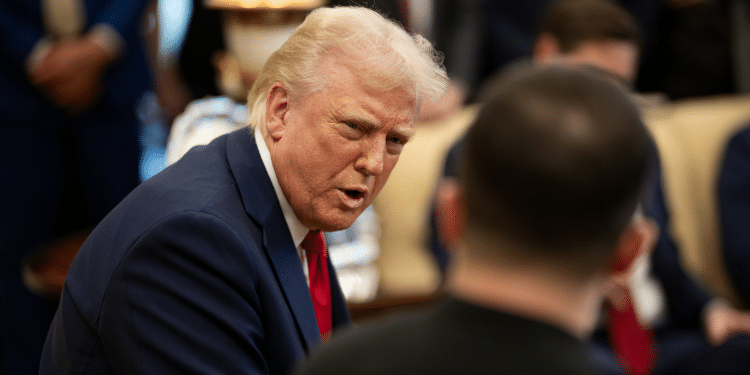

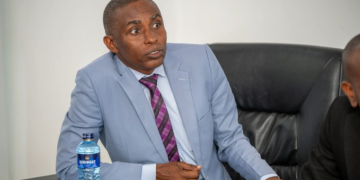

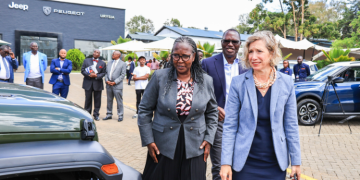

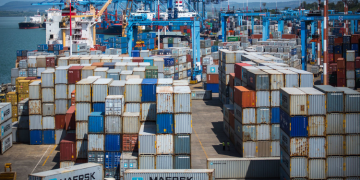
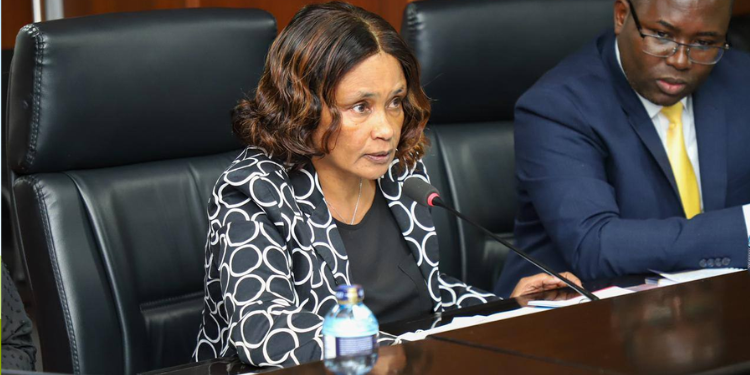
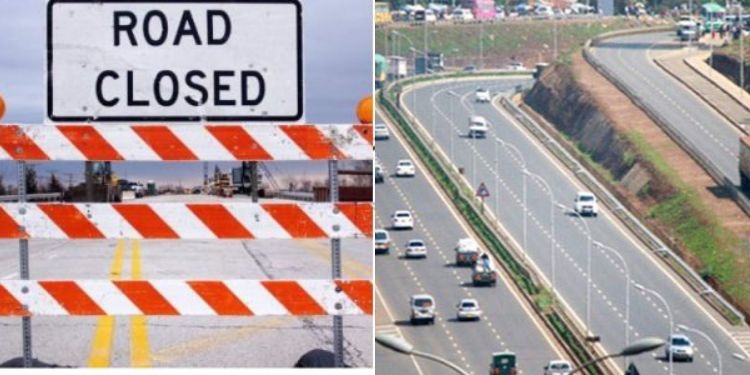








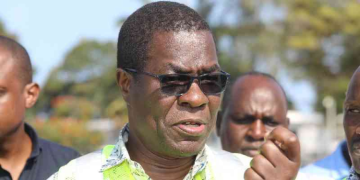

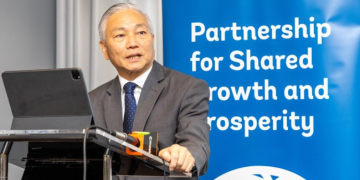

![Billions Each Top Kenyan Bank Has Made So Far In Profits This Year [List] Q3 2025 Results For Equity, Kcb, Co-Op, Absa And Other Banks]( https://thekenyatimescdn-ese7d3e7ghdnbfa9.z01.azurefd.net/prodimages/uploads/2025/11/C0-OP-KCB-Equity-Absa-360x180.png)
